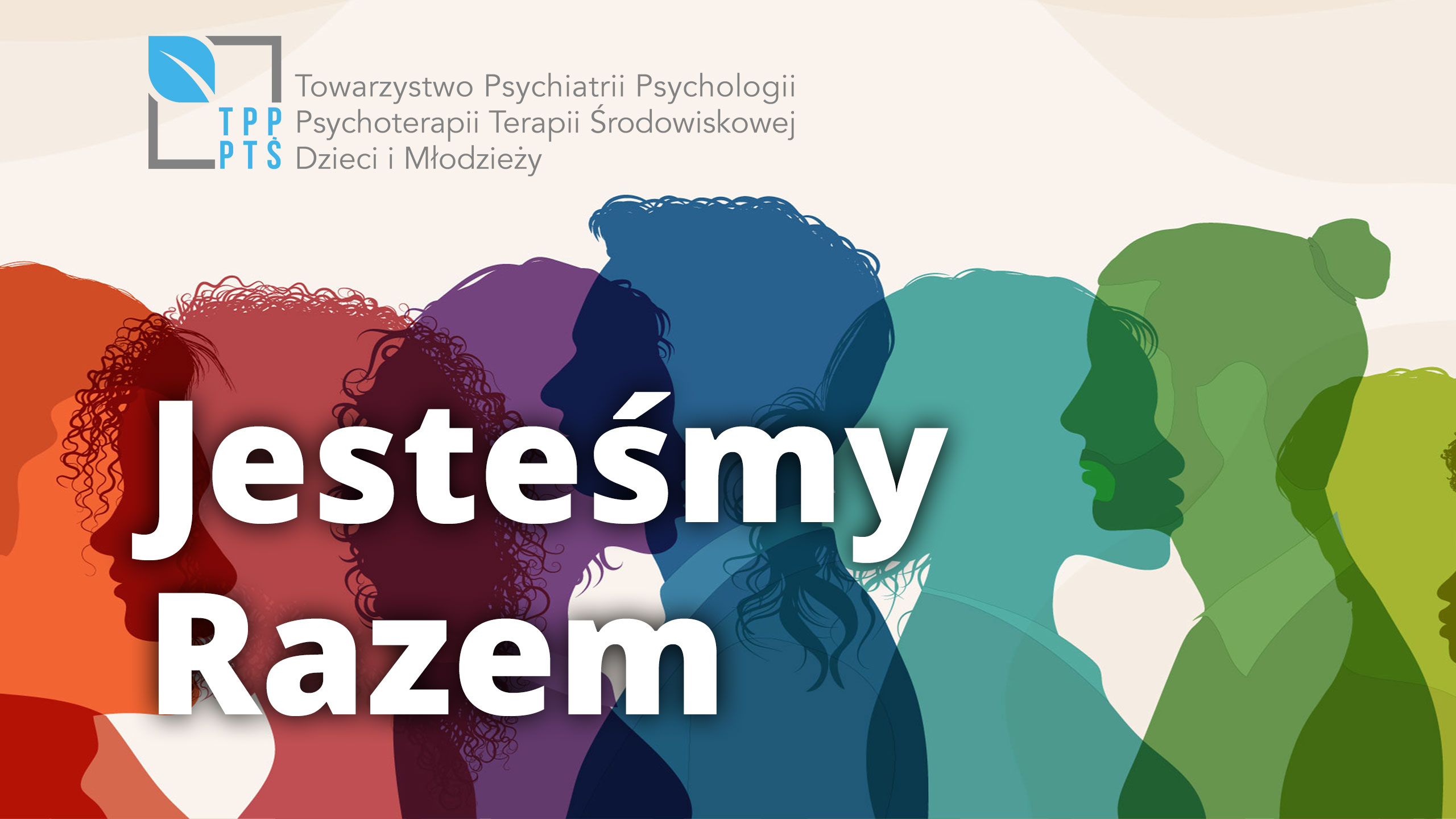When social withdrawal in adolescence becomes extreme: the “hikikomori” phenomenon in Italy
Fiorenzo Ranieri
 Affiliacja i adres do korespondencji
Affiliacja i adres do korespondencji“Hikikomori syndrome,” or extreme social withdrawal, determines a refusal to go to school or work where one’s life style is centred around the home. In Japan hikikomoris, also called “family hermits” or “bedroom hermits,” were first identified in the late seventies. In the West (USA, France, UK, Spain, Italy) clinical psychologists are treating an increasing number of adolescents and young hikikomoris. Over the last few years, the Unità Funzionale Salute Mentale Infanzia Adolescenza (UFSMIA) in Arezzo has received a number of requests for treating young people who present strong similarities with hikikomoris as well as teenagers in early adolescence “on their way to social withdrawal.” The signs of the syndrome are largely similar to the Japanese description, with some differences linked to the Italian cultural context. As to treatment, a single clinical approach (e.g. individual or family psychotherapy) has not given the expected results. By combining different approaches it may be possible to create a network able to stimulate the subject’s resources and those of his or her family. Findings reveal the need to develop more in depth clinical knowledge on this social withdrawal syndrome and create new protocols which will be useful for future psychological and psychotherapeutic programmes.





















